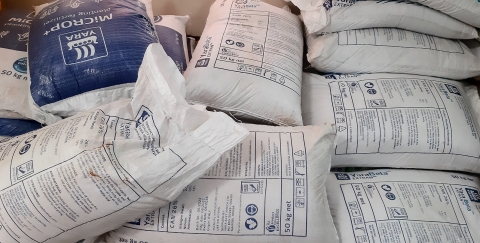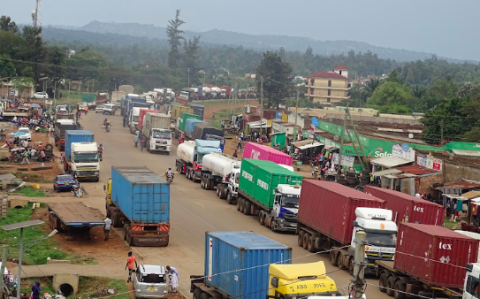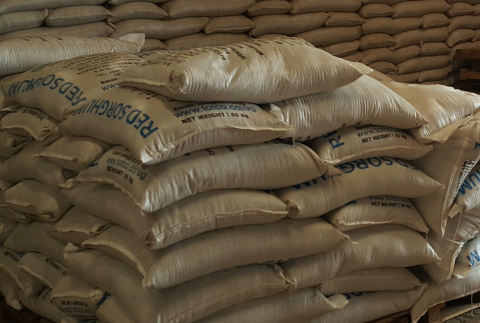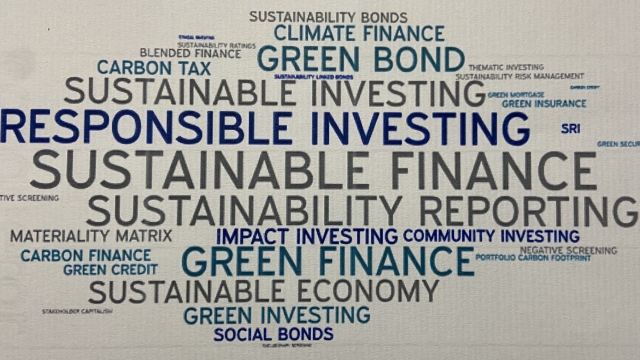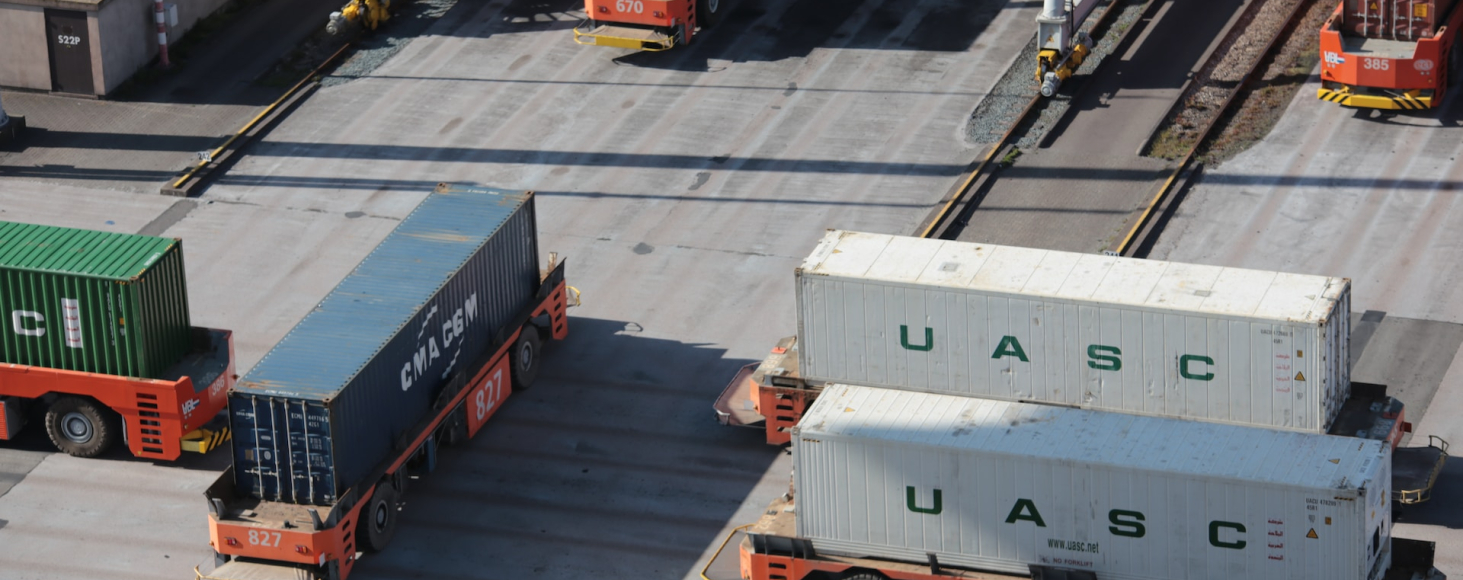
Micro, small, and medium-sized enterprises (MSMEs) form the backbone of the African economy, representing more than ninety percent of businesses and employing about sixty to seventy percent of workers, many of whom are women and youth. Building competitive enterprises—including SMEs—and improving the business environment is key to enhancing exports and advancing more inclusive trade and sustainable economic growth.
Trade boosts investment, strengthens economies, and enhances livelihoods while increasing resilience against various shocks, including those related to climate change. It fosters deeper regional economic integration, improves market efficiency, and leverages larger opportunities such as the East African Community Common Market (EAC) and African Continental Free Trade Area (AfCFTA), benefiting workers, consumers, and businesses.
The acquired capabilities in catering to and engaging in various markets facilitate the provision of services to more discerning global markets like the United States market through the Africa Growth and Opportunity Act (AGOA) and the European Union (EU) single market. Reduction of trade impediments is crucial in expediting Africa’s economic development and creating opportunities and jobs for its bulging youthful population.



